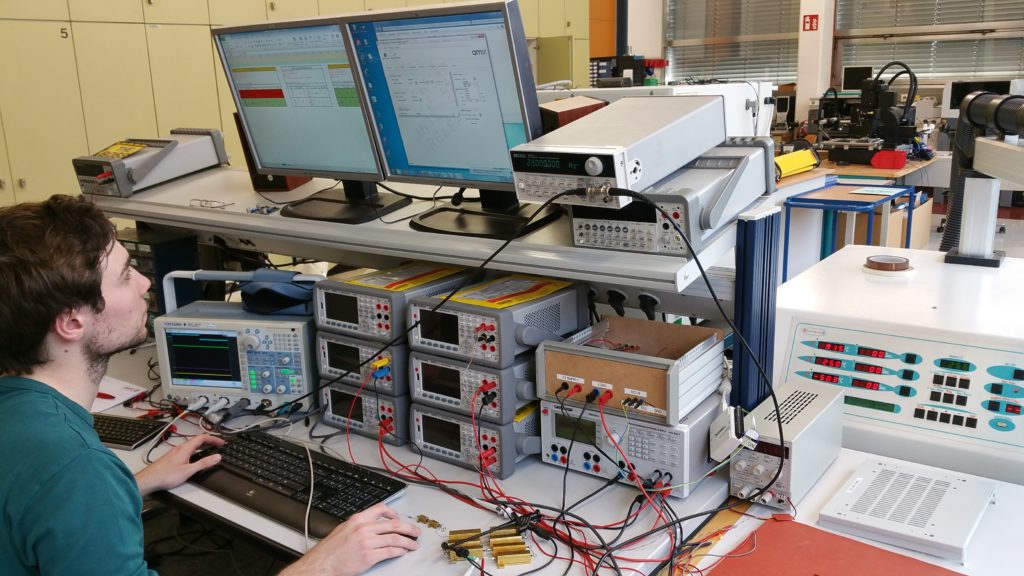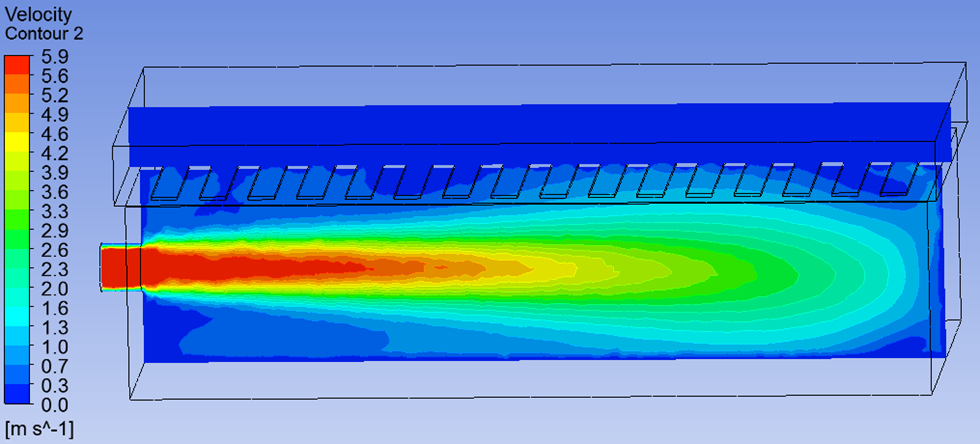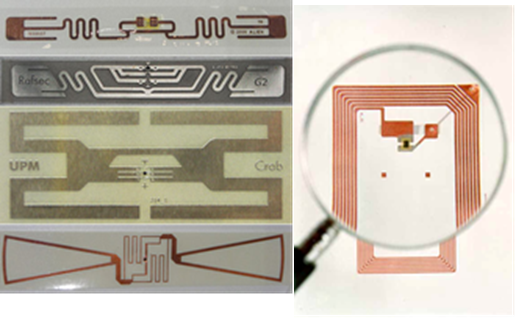Core Research Areas
As a research partner for the industry the Degree Programme in Automation Technology (AT) offers extensive knowledge in the area of mechatronics. The cooperative and scientific approach ensures results and yields an extent of new findings that exceeds the scope of a purely commissioned work by far. This approach is particularly valuable for generating new ideas and in innovation, where some conditions are not yet determined and engaging the services of technical offices would not be possible or useful. Generally speaking, there are multiple ways of funding projects in such high-tech areas. At CAMPUS 02, our R&D Coordinator coordinates funded projects across the university of applied sciences.
The Degree Programme in AT is also considered a trend scout for technical areas. New technologies and methods that are being researched and developed in these areas are made available to the industry. The acquired knowledge is also used for teaching purposes, so that students get immediate access to the content of current R&D topics.
In automation technology, research and development topics focus on the following five areas:
Industrial Measurement Technology and Measurement Automation
Our research activities in industrial measurement technology and measurement automation focus on how components and devices can be measured, calibrated and tested under different environmental conditions. In order to do so, we have a laboratory with measurement equipment, a thermostream and a temperature chamber, in which high frequency measurements up to GHz are possible. In case prototypes and small batch productions are required, we have a small production line ready. Typical customers include businesses that develop and produce products with considerable measurement and testing efforts in the area of quality assurance (e.g. electronic and automotive industry, medical technology, etc.).
Virtual Methods and Simulation in Development
The challenge: How can components’ and devices’ up to whole factories’ functions and behaviours already be simulated and optimised during the design and development phase? With the help of modern software tools we simulate, for instance, the strength of components and assemblies, or the temperature behaviour or the flow of gases and liquids. The development process itself can be ensured using a PLM system, while the production of technical facilities is adapted in terms of the digital factory. With our own 3D printers all results can be produced and visualised as rapid prototyping models. We support businesses (such as production businesses, design companies, mechatronic system producers) that wish to optimise and ensure the functionality of their products.
Process Optimisation with PLCs, Mobile Devices and RFID (Radio Frequency Identification)
Processes and procedures are optimised using programmable logic controllers (PLCs) and mobile devices such as smartphones and tablets. With RFID (radio frequency identification) parts, products and people are automatically identified using radio frequency technologies. Efficient recognition and control of products and goods play a big role in transport and production. Therefore, the success of projects in companies that wish to optimise their processes as well as track and identify their products and goods (e.g. logistics, production, services, etc.) depends on the estimation of the projects’ technical feasibility. We offer to assess project feasibility together with our industrial partners on request.
Energy Efficiency Optimisation
During our research activities we almost always come to the same conclusion: Using synergies saves energy. Yet most companies and technical facilities operate multiple mechatronic systems. Energy use can be decreased, when these systems are connected with functions from mechanical engineering, electrical engineering and informatics and are supplemented by intelligent instrumentation and control technology.
Development of Prototypes and Demonstrators
Many device and part functions as well as applications can only be created and tested by using a real prototype. The Degree Programme in Automation Technology supports and scientifically assists companies’ feasibility checks from the idea to the prototype. This way, we help businesses and educational institutions to realise their ideas and visions in shape of a real prototype. The shape, colour and structure can already be checked during the development phase using a 3D printer fabricated, full-colour rapid prototyping model. We have three different systems for testing: a full-colour ceramics powder printer ZPrinter 650, a large-sized Hage 3Dp-A2 industrial FDM printer and a MakerBot Replicator. Device electronics and smallest electronic components can also be built as prototypes or small batch productions. For this, we use soldering paste printers, a semi-automatic assembly table, our own SMD assembly machines, two soldering furnaces (vapour phase and reflow soldering) and a rework station.






